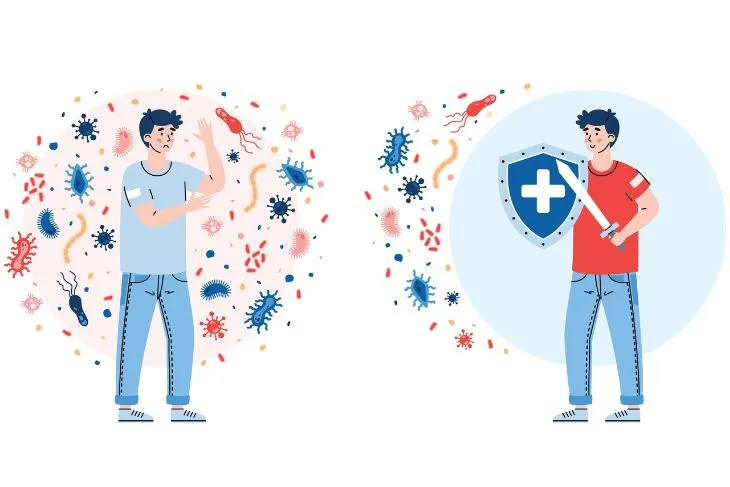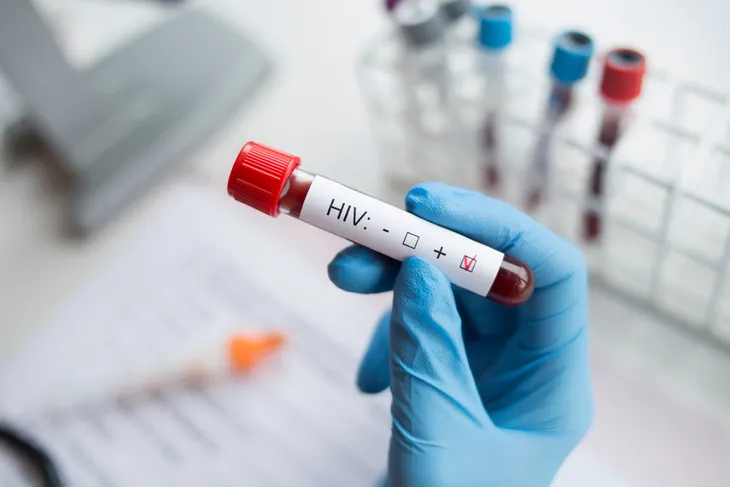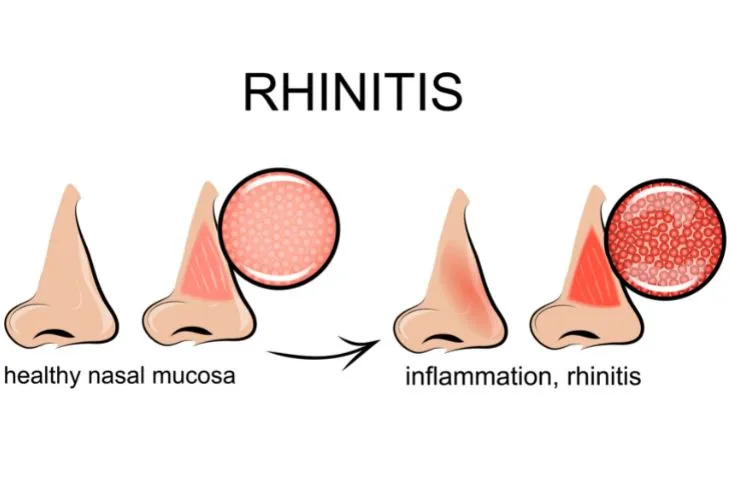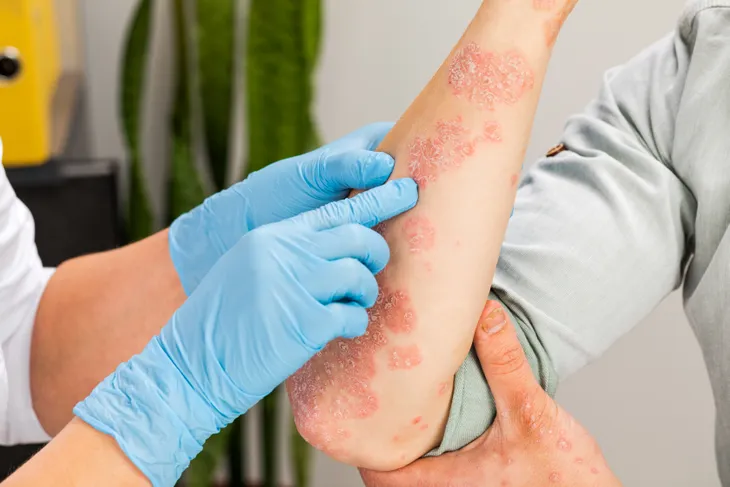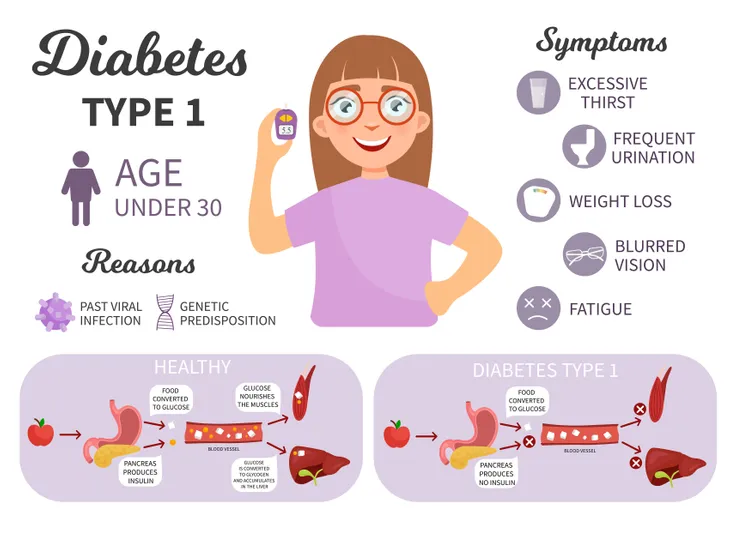- Immunocompromised is essentially any person with a weak immune system.
- Some immune system disorders are present at birth, while others are acquired from either an infection, treatment, or medication.
- Conditions that can compromise a persons immune system are asthma, lupus, diabetes, rheumatoid arthritis, and some cancers.
Most people probably don’t pay much attention to their immune system until they get sick. The reality is that our immune system is working hard every day to protect us from infections and diseases. It’s important we take care of our immune health in order to keep it strong and protect our overall health.
There’s been a lot of chatter about immunocompromised conditions in the past couple years, but what does that really mean? We can assume it has something to do with our immune system, but there’s a lot more to it than that. Here’s a look at what immunocompromised means, as well as the most common immunodeficiency disorders…
What Does Immunocompromised Mean?
According to the National Cancer Institute, the definition of immunocompromised is essentially any person with a weak immune system. This can be very dangerous, particularly during times when there’s a heightened risk for getting sick, such as cold and flu season or when viruses are circulating.
“People who are immunocompromised have a reduced ability to fight infections and other diseases. This may be a result of certain diseases or conditions, such as AIDS, cancer, diabetes, malnutrition, and certain genetic disorders,” writes the source. It adds that certain medications and treatments can also weaken a persons immune system, making them immunocompromised.
Primary Immunodeficiency vs. Secondary Immunodeficiency
There are two types of immunodeficiency disorders: primary and secondary. Some people are born with immunodeficiency disorders as a result of genetics. In this case they’re referred to as a primary immunodeficiency disorder. Healthline states there are more than 200 primary immunodeficiency disorders (i.e. common variable immunodeficiency [CVID], severe combined immunodeficiency [SCID], and chronic granulomatous disease [CGD]).
A secondary immunodeficiency disorder happens during a person’s life, when an outside source affects their immune system and weakens it. This could be a chemical or infection, explains Healthline, and provides examples of secondary immunodeficiency causes: severe burns, chemotherapy, radiation, diabetes mellitus, or malnutrition.
So what disorders are classified as secondary immunodeficiency disorders? Conditions like AIDS, cancers like leukemia, immune-complex diseases like viral hepatitis, and multiple myeloma (cancer of the plasma cells that produce antibodies), says the source.
Signs of an Immunodeficiency Disorder
Not surprisingly, some of the most common signs that a person has an immunodeficiency disorder is that they are sick often. However, there are some less obvious signs. The symptoms a person experiences depends on the disorder they have. According to Healthline, there are hundreds of forms of immunodeficiency disorders, each with their own set of symptoms that are either frequent or chronic.
A common sign of an immunodeficiency disorder is having frequent infections of the following conditions: “pink eye, sinus infections, thrush, colds, chronic gum disease (gingivitis), pneumonia, and yeast infections,” writes Healthline. A person may also develop chronic abdominal pain or lose weight over time, adds the source. If you’re sick often and struggle to get better, ask a doctor about an immunodeficiency disorder test.
Common Immune System Disorders
Severe Combined Immunodeficiency (SCID)
A person with severe combined immunodeficiency was born with their condition. Sometimes referred to as “bubble boy disease,” it’s an immunodeficiency disorder that is present at birth. Children with this condition are missing important white blood cells.
It’s a very serious condition because these children are in constant danger of becoming sick with bacteria, viruses, and fungi, warns Johns Hopkins Medicine. In fact, the bubble boy nickname stems from a real event that occurred back in the 1970s. A boy with this condition had to live in a sterile environment inside a plastic bubble, explains the source.
Temporary Acquired Immune Deficiencies
People with temporary acquired immune deficiencies were not born with their disorders. This is something they develop at some point in their life as a result of medication or treatment. For example, certain medicines like chemotherapy or other drugs used to treat cancer can cause temporary acquired immune deficiencies.
Other common culprits are organ transplant patients who are taking medicine to prevent organ rejection. “Also, infections like the flu virus, mono (mononucleosis), and measles can weaken the immune system for a brief time,” writes Johns Hopkins Medicine. Additional factors that weaken our immune system are smoking, alcohol, and poor nutrition.
HIV/AIDS
AIDS is a viral infection brought on by HIV that attacks important white blood cells in a persons body and weakens their immune system, says Johns Hopkins Medicine. Having a weakened immune system like this puts people at risk from everyday viruses and infections that a person with a normal, healthy immune system would be able to easily fight off.
“People with HIV/AIDS become seriously ill with infections that most people can fight off,” writes the source. “These infections are called ‘opportunistic infections’ because they take advantage of weak immune systems.”
Asthma
Asthma is another condition that is compromising to the immune system because it causes the immune system to “dangerously overreact to harmless substances,” writes Penn Medicine. It’s actually considered to be a chronic lung disease, according to Healthline that begins slowly and can get worse in time if it’s left untreated. Asthma is the result of the immune systems response (inflammation in the body) to certain triggers.
Common triggers of asthma are allergens like dust or pollen. Also more irritable substances like tobacco smoke, notes Johns Hopkins Medicine. The response in the lungs is often coughing, wheezing, and trouble breathing.
Allergic Rhinitis
One of the most common chronic health conditions around the world is allergic disease. Allergic rhinitis (hay fever) is a type of allergic disease with symptoms that range from mild to serious, or even a life-threatening allergic reaction (anaphylaxis), explains Johns Hopkins Medicine. So what does this have to do with the immune system? According to the source, allergic reactions begin in the immune system.
People born with certain genes have an immune system that reacts to harmless substances in their environment. These substances are allergens. “Having an allergic reaction is the most common example of an overactive immune system,” writes Johns Hopkins Medicine. Allergic rhinitis causes sneezing, a runny nose, sniffling, and swelling of the nasal passages from allergens like dust, mold, pollens, and pets.
Eczema
Sometimes referred to as atopic dermatitis, eczema is the most common skin disease in primary immunodeficiency diseases, says the Immune Deficiency Foundation. For the most part, this skin disease is quite mild. It begins with patches of dry, itchy skin that can worsen into a rash with scratching.
Similar to asthma and allergic rhinitis, eczema causes an overreaction in the immune system. The immune system isn’t necessarily weak, but rather that it’s sensitive and often overreacts to things that aren’t real threats. “Some people with eczema have a primary immunodeficiency disorder that may make them more likely to get infections. But eczema can also affect people with healthy immune systems,” writes Healthline.
Type 1 Diabetes
Type 1 diabetes, sometimes referred to as juvenile diabetes, is a chronic condition. People with type 1 diabetes have a pancreas that makes little to none of the hormone the body uses to allow sugar into the cells to produce energy, explains the Mayo Clinic. In fact, the immune system attacks the cells in the pancreas responsible for making this hormone.
“Even well controlled diabetics are immunocompromised to a degree,” says Mark Schutta, MD, an endocrinologist and medical director at Penn Rodebaugh Diabetes Center. “Simply having an infection can also raise blood sugars and give rise to additional infections. And immunity can get disrupted by high blood sugars. It’s a circular problem.”
Rheumatoid Arthritis
Autoimmune conditions are a big category of immunodeficiency disorders as they turn immune cells into what Penn Medicine describes as “double agents.” These once healthy cells fight against the body’s healthy tissues. Rheumatoid arthritis is a common autoimmune disease.
One of the complications of this condition is frequent infections. “Rheumatoid arthritis itself and many of the medications used to combat it can impair the immune system, leading to increased infections,” writes the Mayo Clinic. The source recommends anyone with this condition to be mindful of protecting themselves with vaccines against influenza, pneumonia, and shingles.
Lupus
Another autoimmune disease is lupus. This disease causes the body’s immune system to attack itself, including healthy tissues and organs like the lungs, kidneys and skin. People with lupus often have many different types of auto-antibodies in their blood, says Johns Hopkins Medicine.
People with lupus have a heightened risk of infection. Their immune system is weak both from the disease itself and the treatments they are on. They also have a higher risk of developing cancer, however the Mayo Clinic notes this risk is small.

